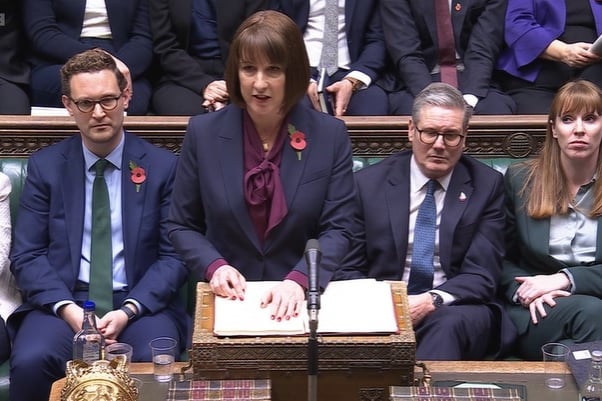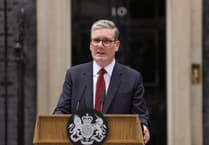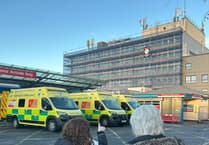Rachel Reeves announced her long-awaited Spending Review (11 June) and, despite proclaiming her purpose was to make working people better off, few have come away feeling any positive outcome.
Once again, the South West is largely forgotten - admittedly we must wait until budgets are divided to know the full extent.
Although disappointing for many, there were major beneficiaries. Defence spending is up 7.3%, Business and Trade 4.1%, and Transport 3.9%.
The NHS will receive an annual £29 billion boost for day-to-day operations, with a technology budget increase of nearly 50% and £10 billion to digitise analogue systems. 1,700 new GPs were pledged, but the NHS has lost 1,115 since 2015, according to BMA.
Education gets a 1.3% budget increase, including £2.3 billion to repair ‘crumbling classrooms’, a school uniform price cap, and free school meals for all children of parents on Universal Credit.
For home insulation, £13.2 billion is pledged, with £39 billion over 10 years for affordable housing.
Bus fares will remain capped at £3 until 2027, but the £15.6 billion transport upgrade appears limited to major cities - with no mention of Devon benefitting.
CPRE chief executive Roger Mortlock said: “What use are frozen bus fares if there’s no bus to take? A fifth of bus routes in the countryside have been cut since 2020. Rural communities receive only half as much public transport funding per head compared to those in towns and cities.
“The government should urgently ensure that rural communities see their fair share of the £15bn announced for public transport outside London.”
Defra lost 1.8% of overall funding, receiving £7.4 billion. Farming and nature recovery was allocated £2.7 billion, with £100 million cut from farming and countryside programmes.
Liberal Democrat MP Caroline Voaden warned that the government risks ‘decimating’ rural communities if the nature-friendly farming budget is slashed.
“When the Chancellor envisages farming and farmers, I do wonder what it is she sees,” queries Caroline. “Many farmers barely make ends meet. They often work for half the minimum wage, yet we rely on them to maintain our landscape and produce our food.”
The Chancellor also dismissed calls to reverse the controversial family farm tax, which has already triggered devastating concern for farmers.
Labour’s new Border Security Command receives £280 million annually. Ms Reeves pledged to end asylum hotels by 2029, claiming to save £1 billion per year.
Work and Pensions were the fifth-biggest losers, with spending slashed 10.4%. Universal Credit’s health component will fall from £97 to £50 a week for new claimants from 2026.
Ms Reeves claims this will yield £4–5 billion annually by 2029/30, but critics argue it could push half a million more people into relative poverty.
Despite calls for a U-turn on benefit cuts, Reeves confirmed she would press ahead with the Conservative-era disability model - while investing £1 billion into personalised employment services.
Commenting on the Spending Review, Joe Shalam, Policy Director at the Centre for Social Justice, said: "The spending review was most revealing in what the Chancellor didn't say.
“Measures to build more houses and repair schools are welcome, but with Britain’s borders out of control, soaring debt interest payments and millions on sickness benefits, the government is acting on borrowed time and money."




.jpg?width=209&height=140&crop=209:145,smart&quality=75)
Comments
This article has no comments yet. Be the first to leave a comment.